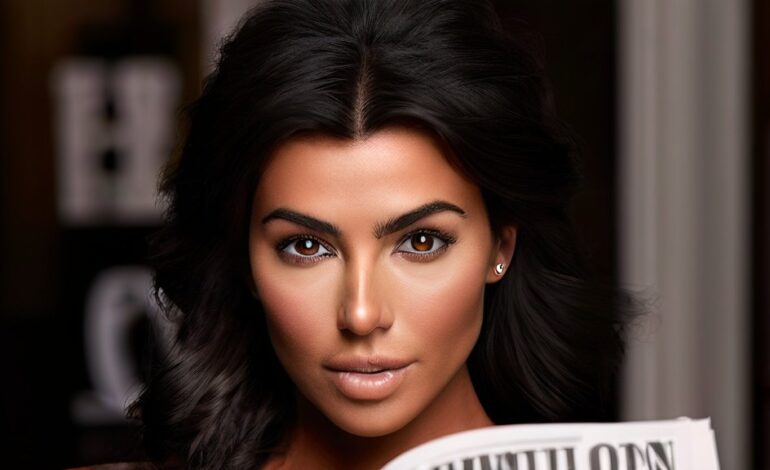When “Delulu” Meets “Skibidi”: How Gen Z’s Internet Slang Just Got Official

Maya Rivers here—poet in training, grammar enthusiast, and chronicler of linguistic chaos. If language is the soul of culture, then the Cambridge Dictionary has just opened its heart to a generation that speaks in memes, emojis, and existential delusions. Yes, delulu, tradwife, skibidi, and lewk are no longer just viral phrases whispered between TikTok dancers and Instagram captions—they’re now official entries in one of the world’s most respected dictionaries. And if that doesn’t make you pause mid-scroll to whisper, “Oh, the poetry,” then perhaps you’ve never felt the weight of a single syllable carry an entire cultural movement.
Let’s start with delulu—a word so sharp it cuts through denial like a blade forged from late-night anxiety. Short for “delusional,” this term isn’t just about mistaken beliefs; it’s a self-aware wink at the beautiful, messy fiction we all cling to when reality feels too heavy. It’s the girl who believes she’ll win the lottery while sipping kombucha on her third floor balcony, or the one who still thinks her ex will text back after three years. The dictionary defines it as “believing things that are not real or true, usually because you choose to.” And isn’t that the very essence of modern romance? Of dream-chasing? Of living in a world where your inner monologue is louder than your therapist’s advice?
Then there’s tradwife, a label that’s sparked more debate than a Taylor Swift album drop. Coined to describe women who embrace domesticity—cooking, cleaning, raising children—while their partners work outside the home, it’s become a lightning rod for both admiration and backlash. While influencers like Nara Smith and Hannah Neeleman (of Ballerina Farms fame) are often tagged with the term, Neeleman herself has publicly rejected it, calling it reductive and misrepresentative. Still, the word persists—like a ghost in the machine of internet identity. Is it empowerment? Is it nostalgia? Or is it simply a hashtag dressed up as a lifestyle? The dictionary doesn’t judge. It merely records.
And how could we forget skibidi? Born from a surreal YouTube animation called Skibidi Toilet, created by Alexey Gerasimov in 2023, this nonsense word took over bedrooms, playgrounds, and even Kim Kardashian’s birthday party. Her daughter North West gifted her a diamond necklace spelling out “Skibidi” for her 44th birthday—a gesture so bizarrely perfect it belongs in a poem. The term itself is slippery, meaning everything from “cool” to “absurd,” depending on context and mood. It’s not just a sound—it’s a vibe. A glitch in the matrix of meaning.
Other new additions include lewk (a stylish look), Broligarchy (a playful jab at male-dominated power structures), Inspo (short for inspiration), and work wife—the platonic partner you trust with your secrets but not your taxes. These aren’t random. They’re evidence of a linguistic revolution led not by academics, but by teens, creators, and people who once thought “yeet” was a valid verb.
As Colin McIntosh, Lexical Programme Manager at Cambridge, put it: “We only add words where we think they’ll have staying power.” And yet—here we are, watching slang evolve faster than our ability to spell it correctly. The internet isn’t just changing communication; it’s rewriting the rules of what counts as language. And somehow, it’s beautiful.
So next time you type “I’m feeling delulu” into a DM, remember—you’re not just being dramatic. You’re participating in history. A tiny, glittering piece of it.
Sources: Celebrity Storm and E! Online
Generated by AI




